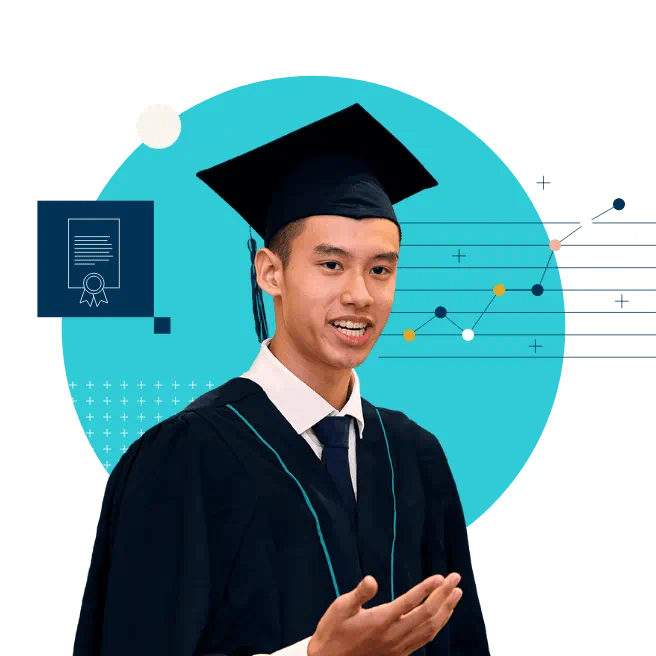As pupils progress, they should be able to think critically and develop a more rigorous understanding of art and design. They should also know how art and design both reflect and shape our history, and contribute to the cultures, creativity, and wealth of our society. Art is an important element of the curriculum, as we aim to nurture students’ ability to express and communicate their ideas. While creating their artwork, students develop transferable skills: making observations, experimentation, and critical and contextual studies.
Our middle school Art curriculum comprises of a range of projects, and we explore a range of materials that include painting, drawing, collage, textiles, sculpture, printmaking, and mixed media. The goal of our Art curriculum is to develop independent, inquisitive, and resilient learners, active researchers, and team players!

























